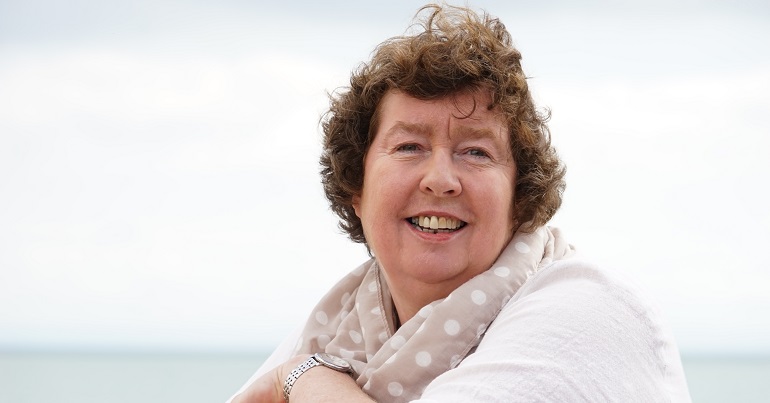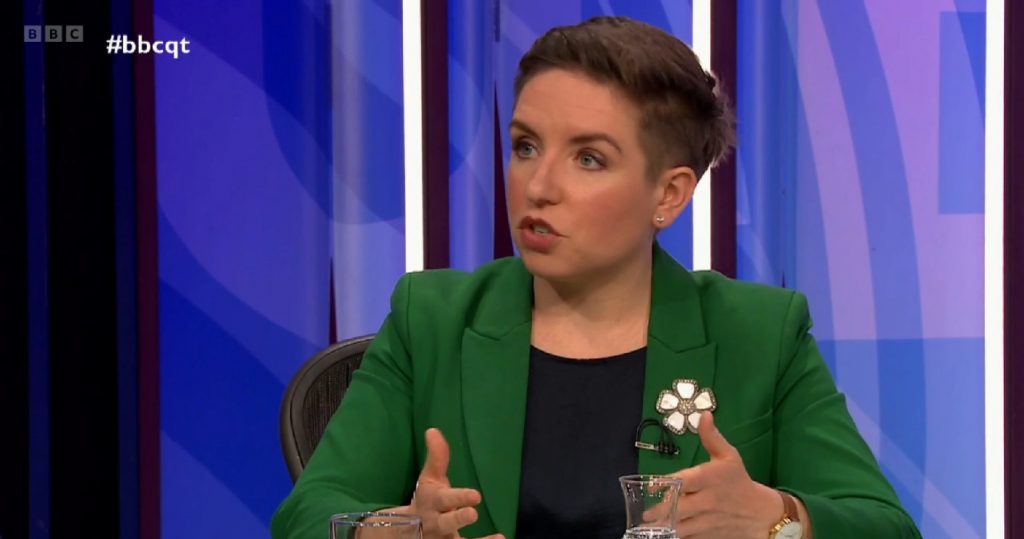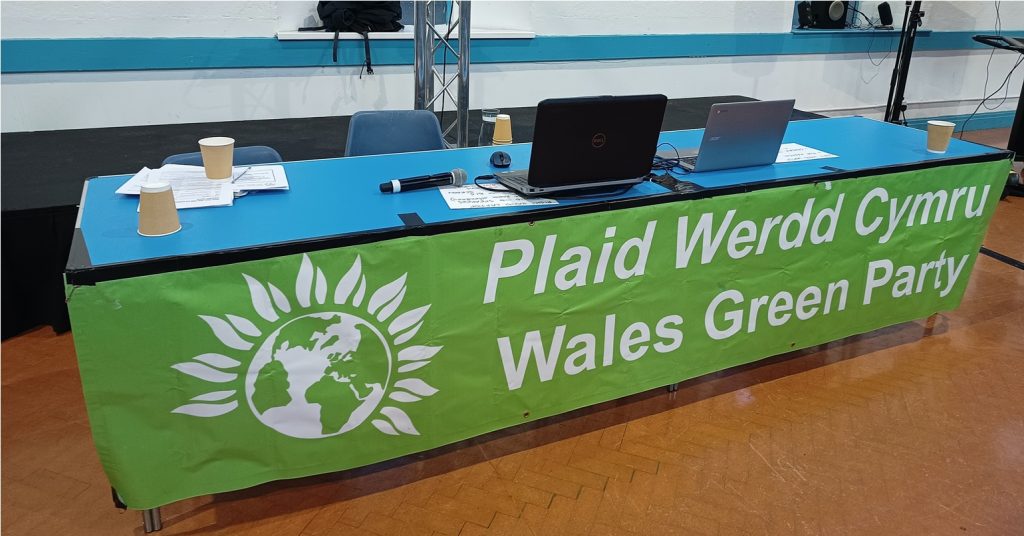Plaid Cymru’s vision for health and social care in Wales

We all know of loved ones that have had to sell their homes to pay for their care later in life.
The so-called ‘dementia tax’ is unjust and unsustainable. That’s why Plaid Cymru created a Care Commission to inform our policies and we launched a consultation paper last month on developing a national care service.
My shadow cabinet colleague Dr Dai Lloyd, Shadow Minister for Local Government, Care and Public Services, led the seven strong Care Commission. We would like to thank all those that gave evidence to the Commission over the last year. It was an interesting piece of work to participate in.
Plaid Cymru’s Care Commission recommended all social care should be free at the point of need. Although at first, many instinctively reject this as unaffordable, our estimates suggest that in the early years, this would require an extra £247 million in spending, or to put that in context, 1.5% of the Welsh Government’s budget.
The Commission has also recommended that a major focus on investing in services that preventing ill health and promote independent living. This requires extra funding, and we are currently working on what those extra costs will be.
Clearly there will be funding challenges, and it may be necessary to consider raising taxation to meet this need. We will only be able to clear about this when we know the size of block grant available, and the savings that will be made.
But I firmly believe that the people of Wales will be prepared to pay through taxation for social care, like healthcare, to be free at the point of need if it comes to that.
The Commission also recommends that there needs to equality of pay and conditions between Health and Social Care and that workers in social care should be moved onto Welsh NHS pay scales, this would mean a pay rise for many. The commissioners recommend further research is undertaken into the financial implications this would have.
The workforce needs to be fully bilingual to respond to patients needs. This should not be seen as a tick box exercise, but an essential part of providing a safe service to people who often lose the ability to speak a second language.
But changes in social care alone will not deal with the inbuilt unfairness in the system. If we keep a fully funded National Care Service separate from the NHS there will still be arguments about which budget pays for what.
We will need to go further. That is why the Care Commission has recommended the creation of a single National Health and Care Service for Wales, planned and funded nationally and delivered locally. The implications of this recommendation are far reaching, and there is more work to do but it makes no sense to perpetuate the artificial divide between health and social care that has led to so much inequity for so long.
Whilst many of the recommendations of the Commission carry financial implications, not implementing them will also carry huge financial costs. The current system is unsustainable, does not incentivise investment in the right areas, and will cost more over the long run. In contrast, over the long term keeping people out of residential care and living independently will save substantial sums of money.
These recommendations will now be considered by Plaid Cymru as a policy for the May 2021 election. I hope you will join the debate over the weeks and months ahead.
We believe Wales is at a turning point. We need a bold new vision for a new nation. Where others see our nation as stuck in a rut, we see it as an innovation nation which, through its own economic success, can deliver social justice for all its citizens.
With less than two years to go before the Senedd election, we are determined to form Wales’ next government and, when we do, we will transform our nation and set it on the path to freedom.
Full details of the report are available here.
You can write to us at Plaid Cymru Care Commission, Tŷ Gwynfor, Anson Court, Atlantic Wharf, Cardiff, CF10 4AL. You can also email us at post@plaid.cymru
Helen Mary Jones is Plaid Cymru’s shadow health and social services minister in the Welsh Assembly.
With a General Election on the horizon, Bright Green is publishing a series of articles from progressive party spokespeople on how their policies would transform the country. This article is part of that series – all articles can be found here.




Surely free social care in one part of Britain and not in another will lead to a movement of those in need to that part of Britain, and who could blame those in need. However admirable, this is totally unviable unless some sort of residency qualification is included.